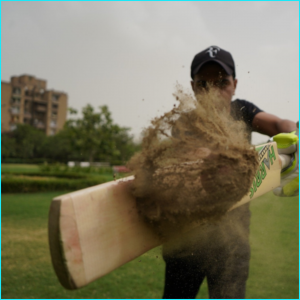
Perhaps it’s not about fading beauty, not that I ever considered myself beautiful at any stage of my life. Attractive, yes—pleasing from certain angles, a strong, interesting face. But not beautiful. Perhaps it’s more about the loss of elasticity, the softening jowls, the intricate network beneath the eyes. What are they if not quiet markers reminding me that youth is only a memory now?
The grey hair is easier to hide. I cover them with colour—monthly trips to the hairdresser, weekly root touch-ups at home. The lines are harder to erase. I haven’t considered Botox yet. There’s something both fascinating and frightening about injecting botulinum toxin into my forehead. Could it be more poisonous, more punishing, than the thoughts that inhabit my mind?
Thoughts that whisper, you are invisible now. Just a middle-aged woman with a widened girth and a dodgy knee. How soon before it all falls apart? And what then?
Ageing ought to be a privilege, yet some days it feels like a burden. If it means being less alive, less aware, less relevant, less of everything, then what good is getting older doing to my soul? On those days I study the lines and think, oh, why didn’t I make more of my youth? Why didn’t I dance on tables, go skinny-dipping in the ocean, kiss a stranger on holiday?
But then there are other days when wisdom settles into me like the warmth of a cup of tea. When memories feel so rich and vivid, I could reach out and touch them. When a song or a fragrance conjures a long-forgotten moment, and I feel so alive, so incredibly lucky to savour it again. In those moments I’m glad to have earned the lines and grey hairs, the aches and pains, the joys and sadnesses that fill a lifetime.
When I look in the mirror, or see a photograph of myself caught in an unguarded moment, I both hate and love all that I’ve become. A woman who has changed because life changed her. A woman who chose to grow, to learn, to err, to accept culpability, to be humbled, to ask forgiveness, to forgive.
If that is what shows on my face, then that cartography makes me me. And why would I ever want to give all that up to be a facsimile of who I once used to be?






